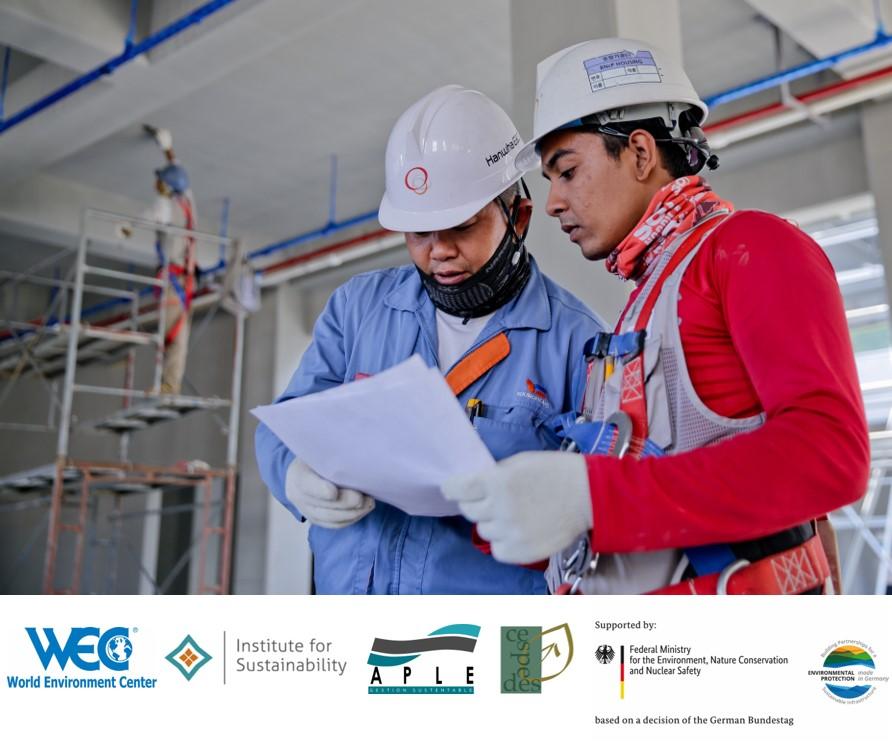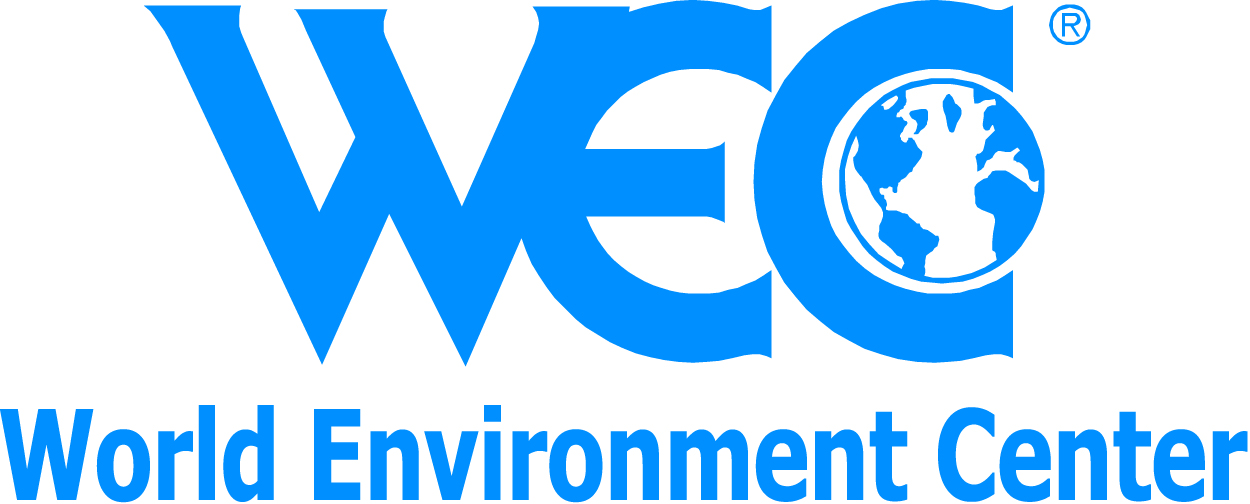New Guide Becomes the Compass for Business in Latin America to Navigate Sustainability Management

A team of international experts detailed the key elements of a management system that makes it easier for companies to implement the growing environmental and social requirements that are being demanded by clients from industry, investors, governments and civil society. The project was carried out by the World Environment Center, Institute for Sustainability, APLE Sustainability Consulting for the Industry, and CESPEDES Private Sector´s Commission for Studies on Sustainable Development.
Latin American companies are currently witnessing an increasing demand for systematic management of global challenges such as climate change, wastewater treatment, waste reduction and the implementation of fair labor conditions. Not only is national legislation addressing these issues, but also in Europe and the United States, companies are increasingly demanding an environmental and social sustainability strategy when selecting their suppliers in developing markets.
A major obstacle for the company is knowing how to integrate these demands into the day-to-day reality of business, especially since there is no unified and internationally accepted theoretical framework. Currently, companies wishing to establish a sustainability management face a confusing panorama with more than 50 guiding principles, guidelines and management standards for individual issues, some examples of which are: the ISO 14001 Environmental Management System, the ISO 26000 Guide on Social Responsibility, the GRI Standards for Sustainability Reports, the Sustainability Objectives of the United Nations, the OECD Due Diligence Guide for responsible business conduct, as well as national guidelines such as the BMV Sustainability Guide for the sustainable development of companies in Mexico. All of these guidelines are relevant, however, they use different terms to explain similar aspects and often focus on different key issues. Even a very ambitious and knowledgeable business manager can easily throw in the towel, frustrated by the complexity of all these schemes.
"To deal with this complexity, a team of specialists from Chile, El Salvador, Germany, Mexico and the United States has produced a simplified guide. For the first time, the 15 most important frameworks related to sustainability management have been thoroughly evaluated and compared with the practical experiences of around 100 companies from Chile, Germany, the Netherlands, Mexico, Switzerland and the United States," said Thomas Loew, General Manager of the Institute for Sustainability and scientific leader of the project.
The result is a short document, available in Spanish and English, that describes the 20 most important elements of systematic sustainability management that meets all international standards. The guide timely addresses the needs of business managers operating in global value chains who want to focus on key issues and learn from practical examples for implementation.
"I was aware that international standards and guidelines are interrelated in many ways. This overview helped us to see exactly which components of a management system are typically required," added Exequiel Rolón Michel, Sustainability and Community Relations Manager at Fresnillo PLC upon learning of the document.
The Guide is available free of charge from the websites of the Institute for Sustainability and the World Environment Center.
About World Environment Center Europe e.V.
WEC Europe e.V. is a non-profit organization that operates out of Munich/Germany under the roof of the global World Environment Center (WEC). It supports its globally operating member companies to develop and implement sustainable business practices. WEC promotes practical knowledge about Corporate Sustainability, builds executive level learning and competency in applying sustainable development across various business sectors, and recognizes performance excellence through an annual awards program. WEC is headquartered in Washington, D.C., with regional offices in China, El Salvador and its German subsidiary WEC Europe e.V. www.wec.org
About Institute for Sustainability
The Institute for Sustainability is a Berlin-based think-tank which provides research and consulting in sustainability management and in sustainability reporting. It’s founder Mr. Thomas Loew has worked in more than 30 research projects, part of those during a ten-year term at the Institute for Ecological Research (Berlin), and later on in several projects with the German government. He consulted some of the leading global companies from Germany, as well as SME. He founded the Institute in 2005. www.4sustainability.de
About APLE
APLE (Sustainability Consulting for the Industry) is a consulting firm located in Santiago de Chile, dedicated to providing specialized advice in sustainability. Its mission is to develop and deliver integral solutions for sustainability for companies and institutions. APLE maintains a large network of Chilean and international companies and representatives of the private and public sectors. www.aple.cl
About CESPEDES
CESPEDES (Private Sector´s Commission for Studies on Sustainable Development)) is a think-tank of the private sector with the purpose of promoting the principles of sustainable development in the business community and beyond. CESPEDES is within the Mexican Business Coordinating Council (CCE), an organization that brings together and coordinates the interests of the private sector in Mexico. Also, it is part of the Global Network of the World Business Council for Sustainable Development (WBCSD). www.cce.org.mx/cespedes

